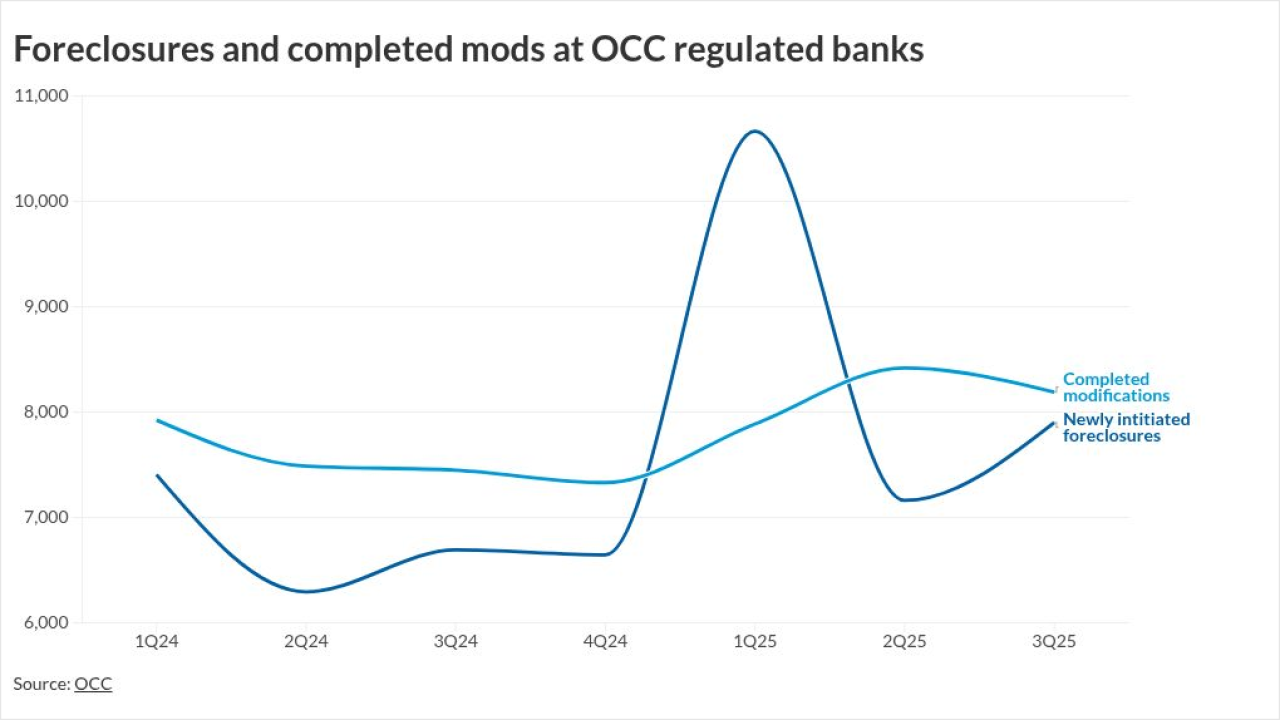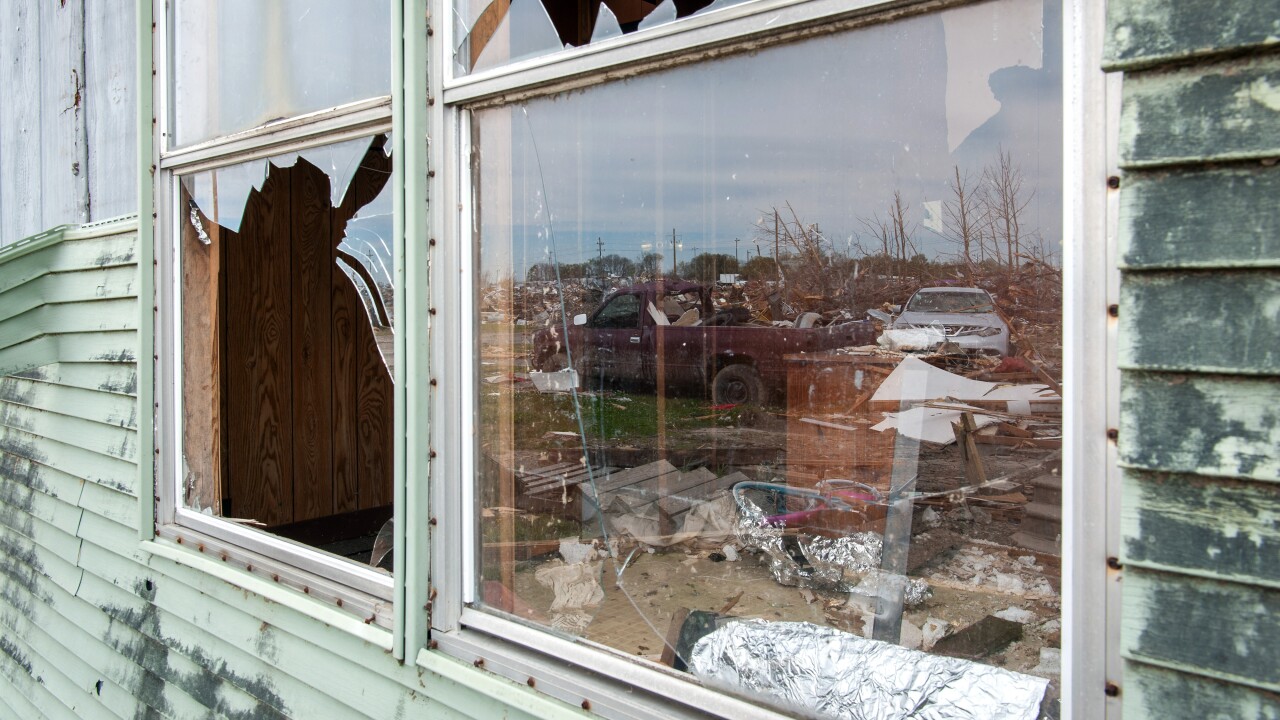
In a survey taken a few months before Hurricane Ian first made landfall in Florida, two-thirds of homeowners were extremely or somewhat concerned about severe weather-related events impacting their property in the next five years, according to Freddie Mac.
In addition to hurricanes, tornados, extreme heat, extreme flood and rain were at the top of mind for over 2,200 homeowner respondents in the online poll, which was taken between June 6 and June 9.
Besides the 66% that were worried about future events, more than six in 10 are extremely or somewhat concerned about such events impacting livelihoods and livability in their community today, the Freddie Mac survey found.
But in contradictory results, 82% of homeowners would consider weather-related events important when choosing a location for their future home, while just two in five said they would think about moving if severe weather events became more frequent.
That second statement supports a previous finding that the areas of the U.S. where home prices
Hurricane Ian alone is likely responsible between $41 billion and $70 billion of insured and uninsured property damage, CoreLogic said, updating a previous
Based on the pattern from past natural disasters, mortgage delinquencies are likely to rise in the next few months.
"Longer term, home price growth in hard hit areas is likely to lag that of the rest of the state and nation as people may opt to move to areas less prone to natural disasters," said Selma Hepp, interim lead of the office of the chief economist at CoreLogic. "CoreLogic observed this trend in the Gulf Coast region following Hurricanes Laura, Delta and Ida."
In the current season,
In its response to Ian, the Department of Housing and Urban Development just announced a total of 29 regulatory and administrative waivers for six of its programs, including for community development block grants, to help speed the recovery process.
This followed a
To accelerate new housing construction, HUD suspended its rules to allow CDBG grantees to replace affordable housing units that were lost as a result of severe weather. It also suspended a cap limiting CDBG expenditures for public services to 15% to provide individuals and families funds for food and emergency shelter, plus case management and related services.
"The waivers we are announcing today build on HUD's continued post-disaster efforts and unprecedented aid from the Biden-Harris Administration, giving our state and local partners the flexibility they need to more expeditiously recover and rebuild from the storm," said Secretary Marcia Fudge in a press release. "We will continue to do everything in its power to ensure that our response to the devastation of Hurricane Ian meets the magnitude of the crisis."
While 93% of all properties have homeowners' coverage, the share covered by flood insurance is much lower, just 27%, according to the Insurance Information Institute. In Florida, homeowners' insurance underwriters are already at risk for not meeting
The Freddie survey found that 58% of those with coverage reported that home insurance costs
The survey asked what homeowners' concerns would be if a severe weather event occurred in the following year. Respondents could make more than one choice. The top answers were losing their home (45%), followed by worry that insurance
Black Knight, which is headquartered in Jacksonville, Fla., a city that escaped the brunt of Ian's west-to-east trek across the state, has created Climate and Natural Hazard Risk Data Solutions Suite to let mortgage industry participants, investors and analysts identify properties impacted by natural disasters and mitigate future climate-related risk.
The product was announced on Sept. 6, more than a week after Ian made landfall. However, the timing of the announcement was coincidental as the suite has been in the works for some time.
The U.S. is seeing increasingly large, destructive and frequent climate-driven events. "The impact these events have on life and property can be immense, with damages well into the billions of dollars each time," said Ben Graboske, president of Black Knight Data & Analytics, in a press release. "And the risk they represent to those with a financial stake in the collateral that's in the path of these events is significant and growing."
The Climate and Natural Hazard Risk Data Solutions Suite covers over 95% of residential properties in the country and is available through the Black Knight Rapid Analytics Platform.





